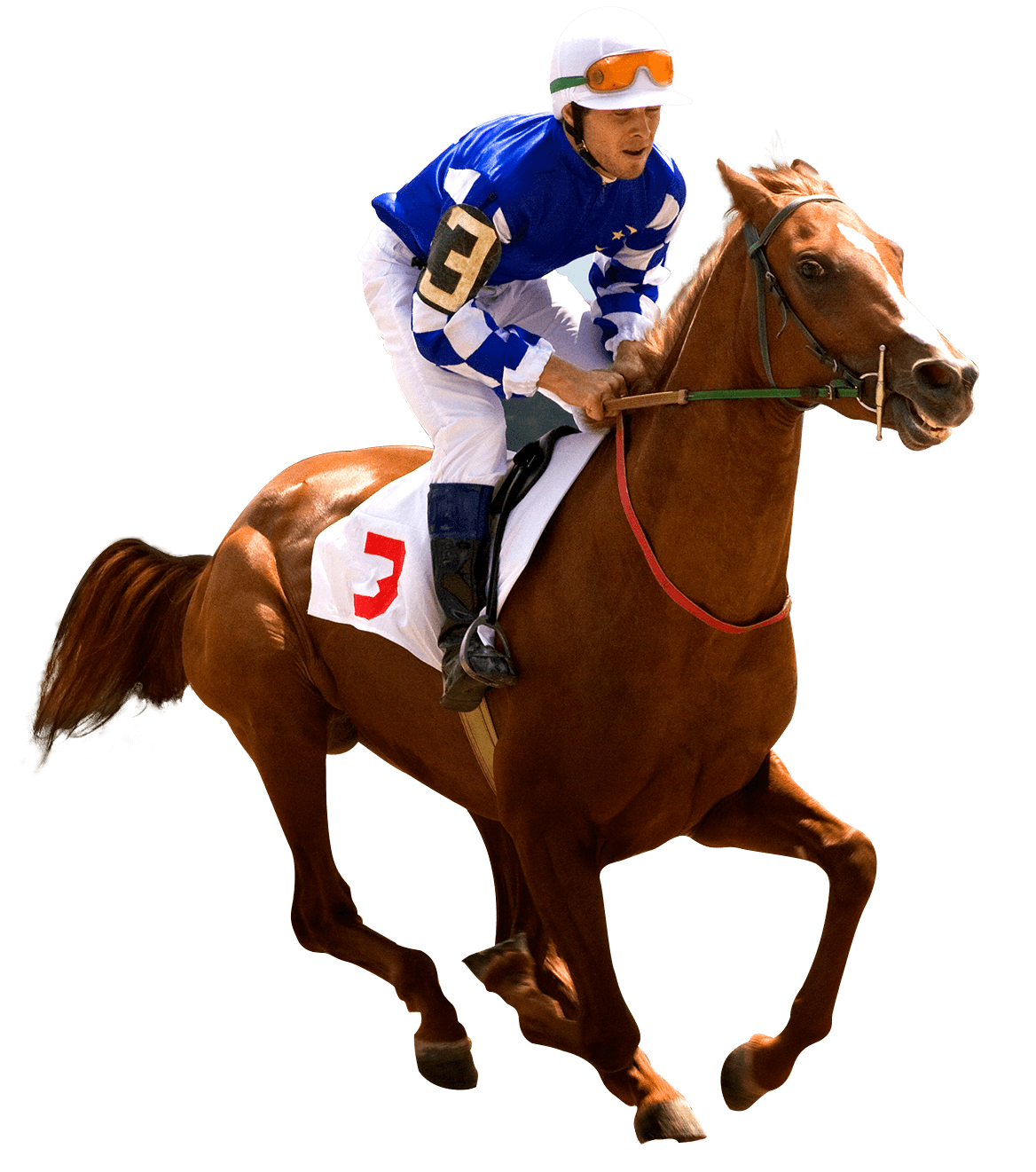Held on Al Shaqab Lockinge Day, the Lockinge Stakes is the premier event of Newbury's richest calendar raceday. Its status is reflected in its purse which amounts to £350,000. This is almost half of the total prize money for a raceday that also features six other events. In addition, the Lockinge Stakes is the second mile race of the British Champions Series and has had a Group One status since 1995. Open only to qualifying thoroughbreds aged four and older, its prize and prestige ensure a top-quality field each year. The Lockinge Stakes has hosted racing greats including the undefeated Frankel (2012) and legendary Brigadier Gerard (1972).
The Lockinge Stakes is held on Newbury Racecourse. The course itself is left-handed, however this mile race covers a straight portion of it. The Lockinge Stakes is open to thoroughbreds of both sexes aged four years or older. The weight requirement is currently 9 stones for male horses and 8 stones-11 pounds for females.
location: Newbury Racecourse
grade: Group 1
race type: Flat
The Lockinge Stakes was inaugurated in 1958, and has since been run every May at Newbury Racecourse. Originally, the Lockinge Stakes was open to three-year-old thoroughbreds as well, but the current age restrictions were imposed in 1995 moving the minimum age to four.
Before the age limit was altered, the Lockinge Stakes was not considered the prestigious race that it is now. When the grading system was introduced in 1971, the race was classed as a Group 2 event. In 1983, it was actually degraded and declared a Group 3 race, only to be returned to Group 2 status two years later in 1985. It wasn't until the change of age limit in 1995 that the Lockinge Stakes was classified as a Group 1 race, thus elevating it to the ranks of one of the most anticipated and valuable races on the United Kingdom racing calendar with the July Cup and the Racing Post Trophy.
Since it was introduced onto the racing scene, the Lockinge Stakes has been completed by some of the most iconic jockeys and horses of our time. Jockey Lester Piggott, who was one of the first celebrities of the racing world, is a record holder for most wins. Below are a few of the current records for the race (as of 2017).
The most successful jockey in this race's history is currently Lester Piggott who won on six occasions from Sovereign Path in 1960 to Swing Low in 1993.
The most successful trainer in the race's history, with seven victories, is Sir Michael Stoute who won from Scottish Reel in 1986 to Peeress in 2006.
The horse with the fastest time of 1m: 33.59sec is 2005 winner Rakti. The 7/4 favourite finished the race a full five lengths ahead.
Currently, three thoroughbreds share the record for most wins with two apiece. The first to win back to back races was Pall Mall from 1958-1959, followed by Welsh Pageant in 1970 and 1971. The most recent double winner is Soviet Line in 1995 and 1996.
Irish-trained Hawk Wing holds the record for winning by the widest margin of 11 lengths in 2003.
This race has hosted some of the best thoroughbreds to run on British soil including the undefeated Frankel and epic Brigadier Gerard. Other notable competitors include Kris, Hawk Wing and Selkirk. Below are a few of its best moments.

In its short history, this flat race has been notoriously favourite/short-priced friendly with 25 out of 59 races won by favourites since the inaugural running in 1958. In 1998, 20/1 shot Cape Cross sent shock waves through spectators by winning the Lockinge Stakes making for one of the most thrilling upsets in the race's history. To date, Cape Cross remains the longest-priced horse ever to win.
In 2012, the undefeated legend Frankel won the Lockinge Stakes by five lengths. Each career win Frankel achieved was a memorable occasion, as he is arguably the best racehorse to compete in modern times with 14 wins from 14 starts. Certainly, he is considered the best to ever win the Lockinge Stakes.
Even before the race was designated as a Group One event, racing legend Brigadier Gerard made the Lockinge Stakes one of his 17 wins out of 18 starts in 1972 elevating the race's status.